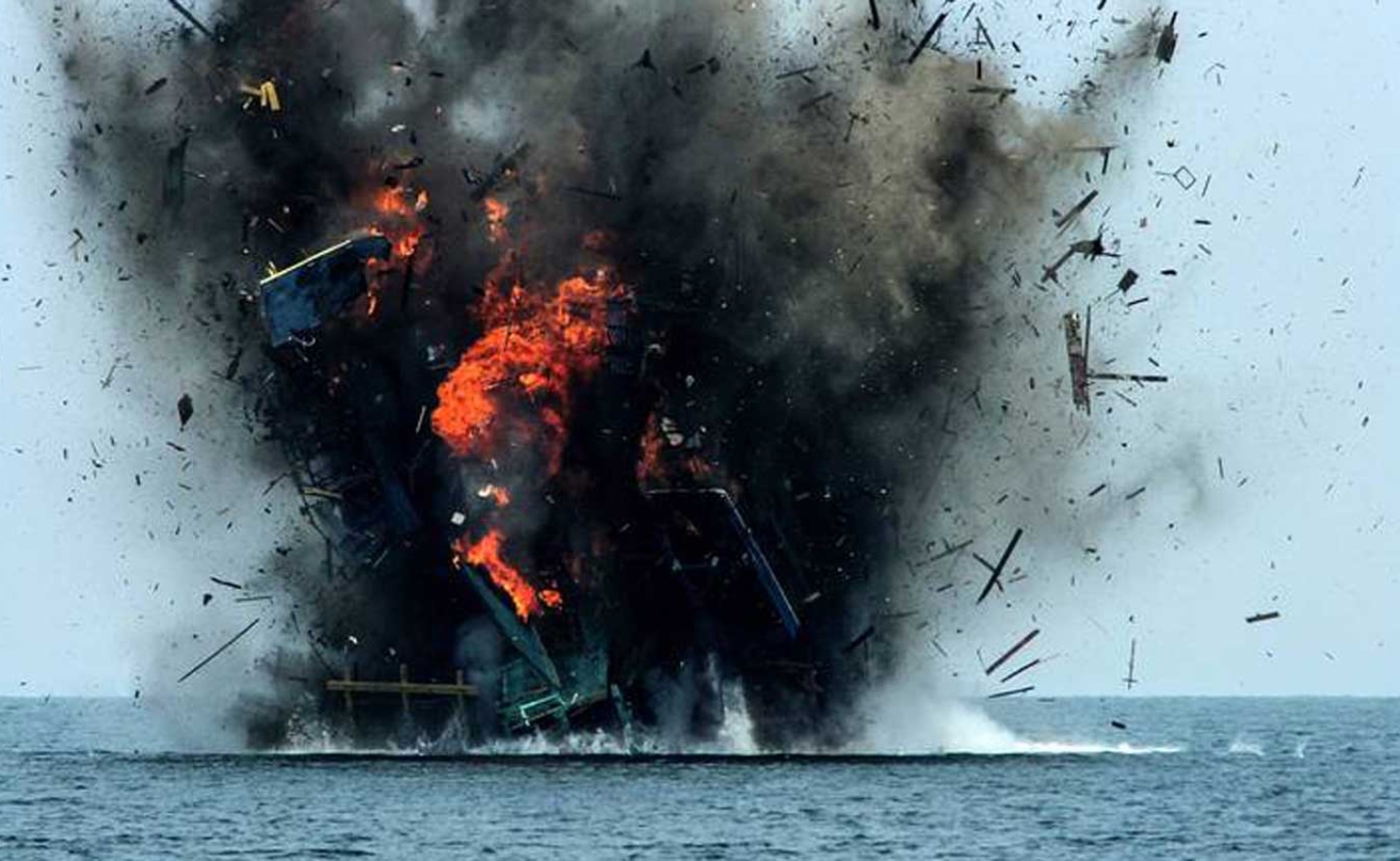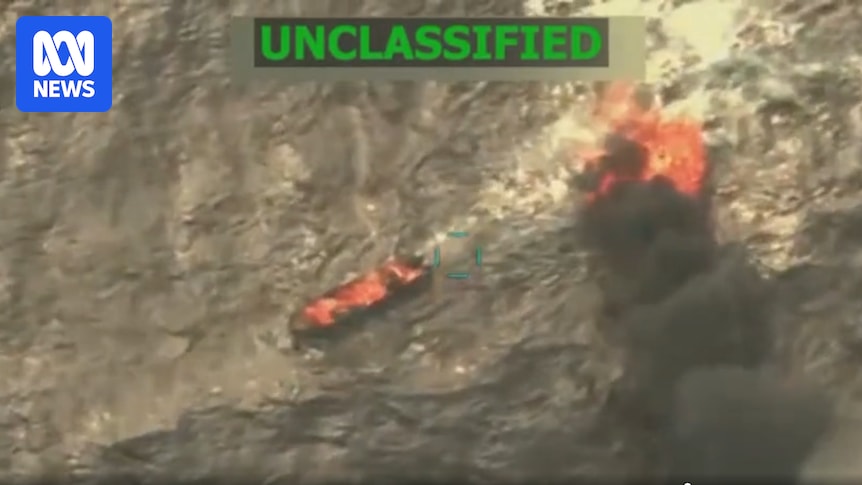CARICOM | Caribbean Waters Turn Dangerous: Will CARICOM Shield Its Fishermen from America's War on Drugs?

KINGSTON, Jamaica, September 16, 2025 - The video footage is chilling: a small boat erupting in flames on international waters, three Venezuelan fishermen vaporized by American military might.
President Donald Trump has now ordered at least three such "kinetic strikes" against alleged drug boats from Venezuela, killing at least 14 people without trials, evidence, or due process.
For Caribbean fishermen watching these executions from afar, a terrifying question echoes across our blue waters: are we next?

The stakes couldn't be higher. The Caribbean's fishing industry directly employs over 120,000 people in small-scale fisheries across CARICOM countries, with an additional 180,000 employed indirectly through fish processing, retail, boat construction, and related activities.
Most Caribbean fishermen operate from small boats measuring 4-11 meters, often without protection from sun or rain, staying close to shore within 16 kilometers of the coast. These are not drug kingpins commanding flotillas—they are fathers and sons chasing snappers and jacks to feed their families.
Yet Trump's military has already demonstrated a disturbing willingness to shoot first and investigate never. Sources reveal that the Venezuelan boat carrying 11 people was actually turning back toward shore when American forces "repeatedly hit" it with military strikes.
Venezuelan President Nicolás Maduro described a weekend operation where "18 Marines raided a Venezuelan fishing boat in the Caribbean," asking pointedly: "What were they looking for? Tuna? A kilo of snapper?"
The designation's timing reeks of political theater. While Trump provided detailed accounts for some countries on the list, he offered no specific explanation for targeting the CARICOM nations.
The statement framed drug trafficking as a national security and public health emergency for the United States, citing that in 2024, the country averaged more than 200 overdose deaths daily, with opioids remaining the leading cause of death for Americans ages 18 to 44.
The statement said the Trump administration has deployed “every aspect of American power and unprecedented resources” to combat the flow of fentanyl and other illicit substances.
“While the United States will devote all necessary resources to punish criminals enabling the production, transportation, and smuggling of illicit drugs across our borders, I will also call on countries where these drugs originate and transit to fulfill their obligations and shut off these supplies – or face serious consequences,” the statement said.
More troubling, the designation acknowledges that "a country's presence on the list is not necessarily a reflection of its government's counterdrug efforts or level of cooperation with the United States". Translation: cooperation is irrelevant when you need convenient targets.
The cruel irony burns deepest when considering what flows in the opposite direction. While Caribbean nations serve as unwilling transit routes for drugs produced elsewhere, they have spent decades pleading with Washington to stem the hemorrhage of illegal firearms flooding their communities.
These American-made weapons have killed thousands of Caribbean citizens, turning peaceful islands into battlegrounds. The United States' response? Deafening silence.
Caribbean leaders have joined Mexico in legal action against US gun manufacturers, seeking accountability for the carnage wrought by weapons that should never have left American soil.
Yet while ignoring this legitimate Caribbean concern about American exports of death, the Trump administration now threatens military action over drugs that neither originate in nor remain in Caribbean waters.
Secretary of State Marco Rubio has ominously declared that the US will "wage combat against drug cartels," with Trump designating them as "terrorist organizations".
When Venezuelan Interior Minister Diosdado Cabello noted that the targeted vessels appeared to be small fishing boats, American officials dismissed his words as coming from an "illegitimate narco-terrorist regime." The message is clear: due process died in those Caribbean waters alongside the fishermen.
CARICOM must act immediately. The organization that recently welcomed Interpol's Secretary General while emphasizing "international cooperation" and "strengthening safety and security" now faces a crisis that threatens the very fishermen who exemplify those values.
The regional body must demand explicit guarantees that Caribbean fishing vessels will not be targeted without due process, proper identification, and respect for international maritime law.
It must insist on protocols that distinguish between legitimate fishermen and alleged drug traffickers. Most urgently, it must remind Washington that the same cooperation it demands on drugs should extend to the guns that kill our people daily.
The choice facing CARICOM is stark: stand together to protect Caribbean fishermen from America's trigger-happy drug war, or watch our waters become hunting grounds where due process drowns beneath diplomatic silence. Our fishermen's lives—and our region's sovereignty—hang in the balance.
-30-
